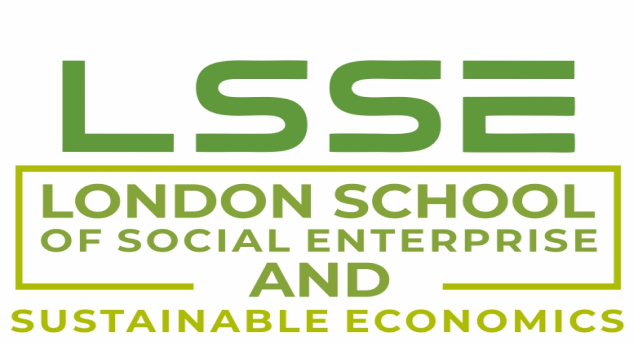Financial Modelling for Social Enterprise (FMS 607)
Financial Modelling for Social Enterprise
Overview
This programme explores the successes and limitations of microfinance as an economic development strategy. The focus will be on the role of microfinance in international poverty alleviation efforts. We will explore the history and evolution of the field from both theoretical and practical perspectives, while the roles played by various constituencies (e.g., clients, policy makers, donors, investors, etc.) will be examined; emphasis will be on the perspective of practitioners and the challenges of managing a (double bottom line) institution.
Description
Learning Mode
Classroom
Study Level
Certificate Course
Duration
7 days
Course Delivery
Intensive
Start Date
22nd September, 2020
Cost
£300 per module
Campus
London

Description
Students in this course will be exposed to how microfinance institutions provide financial services to the poor. Financial services include credit, savings, and insurance. This course explores the role of microfinance in economic development. It will discuss how poor people in poor countries use financial services, such as credit and savings; the history and practice of delivering such services; what is known about their contribution to development; and how stories and statistical studies shape public perceptions of microfinance.
The definition of who is poor varies by country and region, but largely includes those who work within the informal economy in developing countries. This course introduces students to the practices of microfinance institutions in a variety of developing countries, including: India, Mexico, Bolivia, Samoa, and Haiti.
It defines the wide variety of practices and governance structure of these organisations, and the issues they confront. The course focuses on two major issues: impacts of microfinance on the well-being of clients, and the problems confronting managers of microfinance institutions.
objectives
- Be introduced to the practices of MFIs in a variety of different developing countries.
- Identify the impact of microfinance on the well-being of the masses and businesses, both socially and economically, and to understand how poor persons have benefited.
- Identify problems confronting managers of MFIs.
- Identify ways to improve access to, and the utilization of, microfinance services in developing countries to minimize the challenges faced by poor and vulnerable persons in microfinance transactions.
- Understand the extent to which the establishment of microfinance banking systems will stimulate economic development.
Courses Curriculum
Key Benefit
- Participants will understand how microfinance can maximize profits over short periods to encourage microenterprises engaged in simple retail operations – as opposed to complex industrial firms which may be less profitable in the short term but lay the foundations for long term economic development.
- Participants will know how microfinance reduces poverty by allowing the poor to start or expand income-generating microenterprises, such as selling fruit and handmade clothing.
- Participants will understand that reliance on foreign aid by businesses is a major barrier to economic development and microfinance has the capacity to minimize such reliance, making it a clear benefit to development.
Teaching Outcomes
After studying this course, students should be able to:
- Understand the relationship between microfinance and the ‘real economy’ (that is, the area of the economy involved in production, distribution and consumption of goods and services) during economic development.
- Develop and apply formal models econometric work.
- Analyze financial inter-mediation.
- Identify the social and institutional underpinnings of financial activity.
Teaching Methods
The Teaching Methods For This Course Include:
- Individual or group activity on a topic area of interest to the students pertaining to cooperative and social enterprise.
- Daily discussion and reflection questions on readings.
- Short activities to support readings.
- Daily journals for students to engage in discussions with their peers.
Fees and funding
Level 1
£1,250
Level 2
£1,950
- Admissions
- Certification




